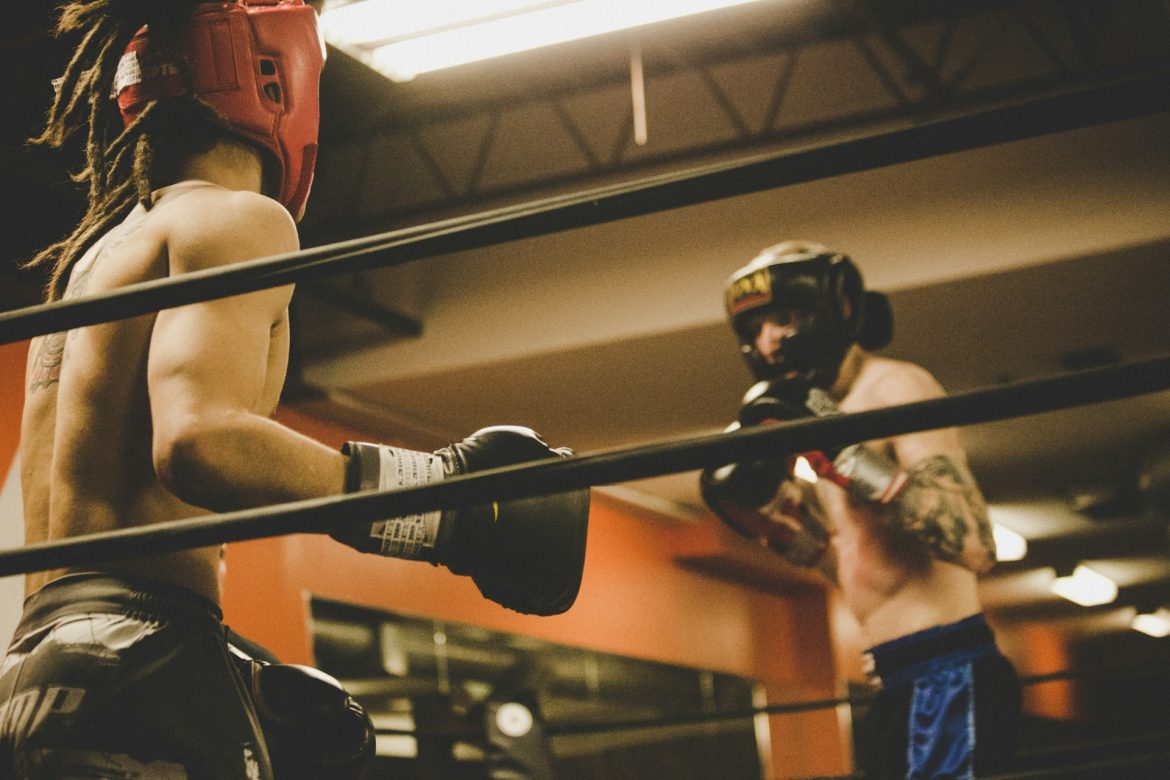Recent remarks by ProBox TV analyst Shawn Porter, suggesting that Japanese boxing star Naoya Inoue needs to conquer America to become a global superstar, have sparked considerable debate and backlash. It’s a familiar argument: does a fighter truly need to succeed in America to achieve global stardom? However, as it stands, the 31-year-old Inoue, also known as “Monster,” is already a massive figure in Japan and commands respect worldwide.
Inoue, boasting an undefeated record of 26-0 with 23 knockouts, is set to fight Mexico’s Luis Nery in front of a staggering 55,000 fans at the Tokyo Dome on May 6. Many consider him the best in the sport, ranking alongside Terence Crawford at the pinnacle of boxing.
Todd duBoef, Vice President of Top Rank, vocally disagreed with Porter’s viewpoint, emphasizing Inoue’s already iconic status. “I totally disagree with that, but that’s his opinion,” duBoef commented on Porter’s take. “Selfishly, I’d love to have [Inoue] in America. He is a phenom. In my 30 years, I think he’s the best fighter I’ve ever seen… a complete fighter with aggressive style, power in both hands, and exceptional IQ for both defense and offense.”
DuBoef pointed out that unlike other international sports stars who may need to move abroad to find the best platforms and competitions, Inoue benefits from strong domestic support in a fully developed Japanese economy, negating the necessity to relocate to America. He referenced MLB star Shohei Ohtani’s move to the U.S. as a necessity for baseball but not applicable to Inoue’s situation in boxing.
As Inoue prepares to face Nery, expectations are high that this event could surpass historical boxing events in Japan, potentially eclipsing the famous Tyson-Douglas bout as the country’s biggest boxing event ever. DuBoef questioned the notion that Inoue needs to fight abroad to enhance his appeal, calling it somewhat narcissistic of Americans to insist on it. “It’s kind of bullsh**, right? I wish we didn’t look at it that way and just appreciated it,” he added.
Reflecting on the cultural impact of global icons like The Beatles and The Rolling Stones, who were seen as needing to break into the American market to achieve global fame, duBoef believes such perspectives are outdated in today’s interconnected world. He highlighted how Inoue trends globally during his fights, showing that his appeal is already worldwide. “When [Inoue] fights, he trends globally on all platforms as the No. 1 thing going on at that moment. He’s resonating. We’re able to transmit a signal live and everybody can see it. So I find it a little selfish to think that he has to fight in America to be a superstar,” duBoef concluded.



